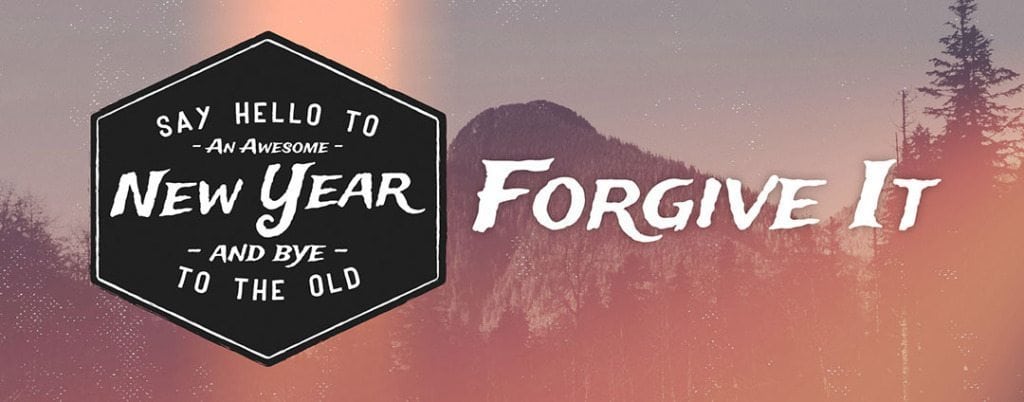Forgiveness is perhaps one of the hardest parts of any relationship. Do you remember what it was like on the playground in elementary school? Whether it was getting “accidentally” hit with a stick or being picked last for the kickball team, an argument would start and the teacher would come over to investigate the situation, determine the victim and posit the idea of forgiveness. If you were the one with the hurt arm or ego, the forgiveness portion could be difficult, especially with everyone watching; but you had to because it was the ‘right’ thing to do.
But the truth of it is: you don’t have to forgive. In fact many many relationships have shriveled because of an untouched issue. I can think of several off the top of my head and a few even in my own life. Usually they’re over menial issues, sometimes grave ones.
Forgiveness is less a societal norm than people think. It’s an action that requires a lot of thought and is a deliberate choice.
Unlike the situation on the playground, real-world forgiveness is likely not over something as obvious as a mis-thrown stick. It’s likely not as simple as saying “I’m sorry” and (very) likely not under the pressure of the small microscope of elementary school children on a playground. In the real-world it’s a very active task, one that requires you to go out of your way (and sometimes WAY out of your way) and effectively communicate to a person or people you may not want to communicate to.
But, nonetheless, in order to begin the healthiest year possible, it’s important to at least think about the ways we’ve been hurt and how to move towards them in a peaceful manner.
Question 1: Who do you need to forgive?
Question 2: Is there a situation in which you felt wronged by a group of people?
Sometimes we don’t feel ready to forgive – it can be a very hard choice. But here are a few things to consider.
Forgiving does not mean forgetting. We don’t have an magical erase button – I wish we did.
Forgiving does not mean we have to let someone do something to us again to us. Sometimes we need to put up boundaries to protect ourselves from situations or people.
Forgiving does not mean they won’t hurt us again. Think about the person at work who is constantly saying negative things about you – there may be some resolve in confronting or setting up boundaries – but some people continue to do things that hurt others. This is what I call active forgiving. Posturing your heart, having forgiven them, reminding ourselves that we have already forgiven them
and ready to forgive again if something new takes place.
Forgiving is choosing to love.
We are designed to forgive! God didn’t design our bodies to carry unforgiveness. (I won’t go into it here, but if your interested do a search for the effects of unforgiveness or bitterness on our bodies)
If God didn’t design is to carry unforgiveness then we are designed to forgive and empowered by God with the ability to forgive.
Question 3: What would it take to begin the process of reconciliation?
Moving forward means letting others off the hook, forgiving, and choosing love instead.
Last question: as you’ve taken time and considered who you need to forgive, who is the first one on your list — what would it take to begin tomorrow? By starting tomorrow you’ll have an awesome start on January 1, 2015 and leaving something else behind in 2014!


